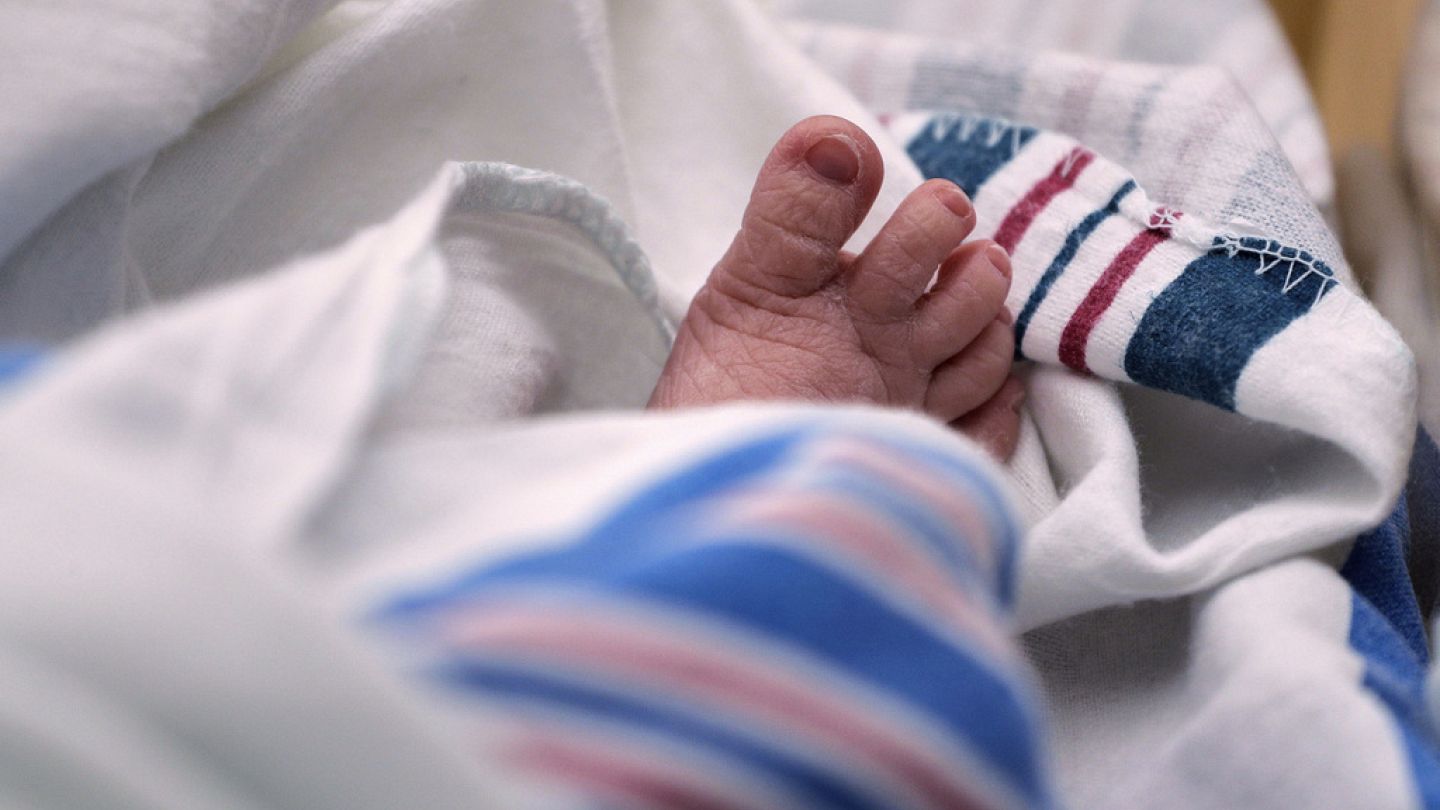
The closure of gynaecology and obstetrics emergency services in Portugal has led to an increase in the number of women giving birth in ambulances.
By mid-September, 32 of these deliveries had already been recorded in 2025, according to data from the National Institute of Medical Emergency (INEM).
There were only 18 in 2023, a number which rose to 28 in 2024.
At least two more deliveries were also administered in recent weeks by fire department personnel, who are sometimes called on to transport pregnant women to hospital.
“We’ve already attended 15 births by ambulance, it’s a record that we’re not looking for, nor do we even want it,” Pedro Ferreira, head of the Moita Volunteer Fire Brigade, told Euronews.
“The place for a mother to have a child is in the maternity ward,” Ferreira added.
At a time of overlapping hospital crises, including long waiting times for critical surgeries and staff shortages, the INEM says that over 150 births were recorded outside of hospitals from January to mid-September.
There were 169 births outside of hospitals in 2022, 173 in 2023 and 189 in 2024.
Frequent causes of these births include late ambulance summons calls, according to INEM.
This is an increasingly common occurrence on the south bank of the Tagus, where emergency rooms are often closed.
Constraints in gynaecology, obstetrics and delivery room services at the Barreiro, Setúbal and Almada hospitals mainly affect the Setúbal Peninsula.
Local fire departments have been used to help transport pregnant women to other hospitals.
According to Ferreira, some of these cases have been referred to the municipalities of Lisbon or even Cascais, a town located to the west of the Portuguese capital.
“In the last labour, the 15th, we were going to Garcia de Orta Hospital. Barreiro Hospital was closed and we went to Garcia de Orta. We had to attend the birth in the middle of motorway 33 at a service station,” Ferreira said.
It’s not an ideal situation, the fire brigade commander acknowledged.
“It’s still an uncontrolled place, and complications can arise during childbirth, as is normal. If they occur in maternity wards, they can also occur in an ambulance, and we are prepared for some eventualities. But we’re not obstetricians, are we?”
In parliament, the country’s Health Minister Ana Paula Martins revealed that three hospitals in the Setúbal Peninsula are continuing to experience what she called a “very difficult” situation.
Martins stressed that the solution to the lingering problem of insufficient emergency rooms is to build a new maternal and child centre for the Setúbal Peninsula.
The tender is set to go out in 2026, but it won’t be ready for another two to three years after that.